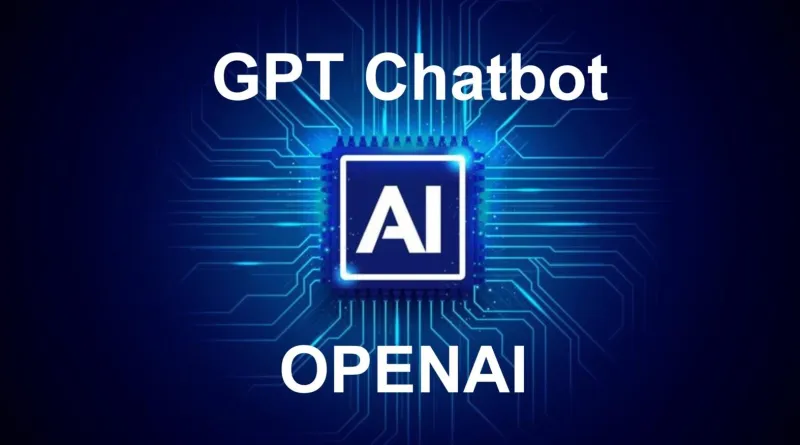
Artificial intelligence (AI) is a rapidly growing field that has the potential to transform nearly every aspect of our lives. AI involves teaching machines to perform tasks that would typically require human intelligence, such as recognizing speech, understanding natural language, making predictions, and learning from experience.
There are various types of AI, including rule-based AI, machine learning, deep learning, and natural language processing. Rule-based AI uses a set of predefined rules to make decisions. Machine learning involves training algorithms to recognize patterns in data and make predictions based on that data. Deep learning, a subset of machine learning, involves training neural networks with multiple layers of processing, which is useful for tasks such as image and speech recognition. Natural language processing involves teaching computers to understand human language, and it is used in applications such as virtual assistants and chatbots.

AI is being used in various fields, including healthcare, transportation, finance, and entertainment. In healthcare, AI is improving patient outcomes by helping doctors diagnose diseases more accurately and develop personalized treatment plans. In transportation, self-driving cars are one of the most high-profile applications of AI, and AI is also being used to optimize traffic flow and reduce congestion. In finance, AI is detecting fraud, making investment decisions, and improving customer service. In entertainment, AI is personalizing recommendations for movies, TV shows, and music and creating more immersive gaming experiences.
While AI has many benefits, there are also concerns about its potential downsides, such as job displacement, bias, and privacy. Nonetheless, AI is having a significant impact on our world, and its influence is likely to grow in the future. As a business owner looking to improve efficiency or a consumer looking for more personalized experiences, AI is a technology worth exploring.
Artificial intelligence (AI) is a rapidly growing field that involves creating intelligent machines that can perform tasks that typically require human intelligence. There are several types of AI, each with its own unique approach and application.

- Rule-based AI: This type of AI involves creating a set of rules or logic to make decisions. For example, a rule-based system could be used to determine eligibility for a loan based on a set of predetermined criteria.
- Machine learning: Machine learning involves training algorithms to recognize patterns in data and make predictions based on that data. This type of AI is used in applications like recommendation engines, fraud detection, and speech recognition.
- Deep learning: Deep learning is a subset of machine learning that involves training neural networks with multiple layers of processing. This type of AI is particularly useful for complex tasks like image and speech recognition.
- Natural language processing (NLP): NLP involves teaching computers to understand and interpret human language. This type of AI is used in applications like chatbots, virtual assistants, and language translation.
- Computer vision: Computer vision involves teaching computers to interpret and understand visual data from the world around them. This type of AI is used in applications like self-driving cars and facial recognition.
- Robotics: Robotics involves creating intelligent machines that can perform tasks in the physical world. This type of AI is used in applications like manufacturing, logistics, and healthcare.
Each type of AI has unique strengths and weaknesses, and its applications are diverse. As AI continues to advance, we can expect to see it applied to more fields and applications, and becoming more integrated into our daily lives.